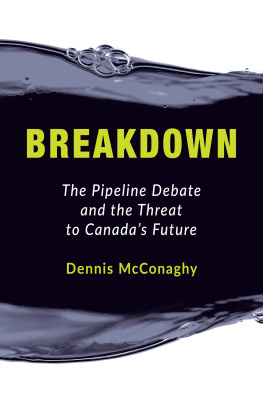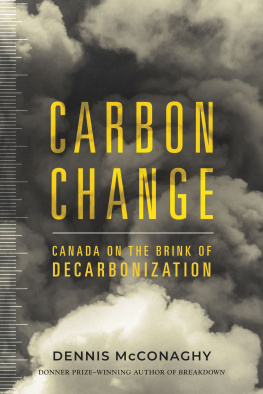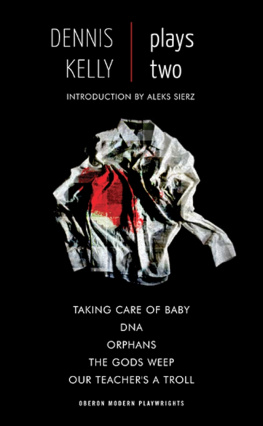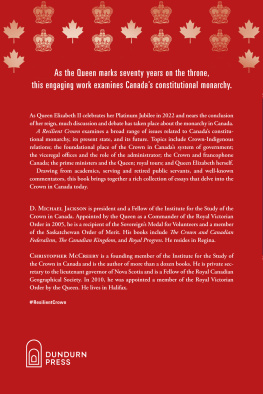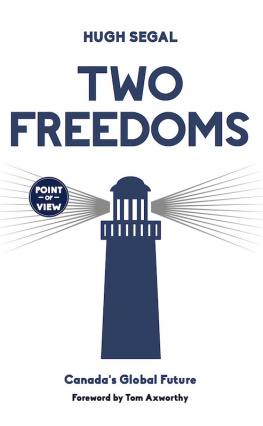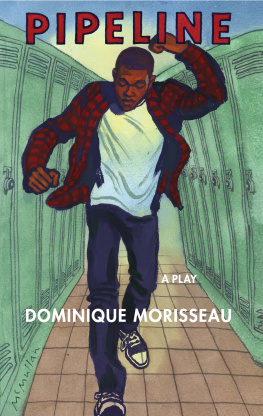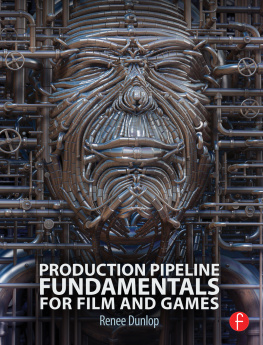Dennis McConaghy - Breakdown: The Pipeline Debate and the Threat to Canadas Future
Here you can read online Dennis McConaghy - Breakdown: The Pipeline Debate and the Threat to Canadas Future full text of the book (entire story) in english for free. Download pdf and epub, get meaning, cover and reviews about this ebook. year: 2019, publisher: Dundurn, genre: Politics. Description of the work, (preface) as well as reviews are available. Best literature library LitArk.com created for fans of good reading and offers a wide selection of genres:
Romance novel
Science fiction
Adventure
Detective
Science
History
Home and family
Prose
Art
Politics
Computer
Non-fiction
Religion
Business
Children
Humor
Choose a favorite category and find really read worthwhile books. Enjoy immersion in the world of imagination, feel the emotions of the characters or learn something new for yourself, make an fascinating discovery.
- Book:Breakdown: The Pipeline Debate and the Threat to Canadas Future
- Author:
- Publisher:Dundurn
- Genre:
- Year:2019
- Rating:3 / 5
- Favourites:Add to favourites
- Your mark:
- 60
- 1
- 2
- 3
- 4
- 5
Breakdown: The Pipeline Debate and the Threat to Canadas Future: summary, description and annotation
We offer to read an annotation, description, summary or preface (depends on what the author of the book "Breakdown: The Pipeline Debate and the Threat to Canadas Future" wrote himself). If you haven't found the necessary information about the book — write in the comments, we will try to find it.
Breakdown: The Pipeline Debate and the Threat to Canadas Future — read online for free the complete book (whole text) full work
Below is the text of the book, divided by pages. System saving the place of the last page read, allows you to conveniently read the book "Breakdown: The Pipeline Debate and the Threat to Canadas Future" online for free, without having to search again every time where you left off. Put a bookmark, and you can go to the page where you finished reading at any time.
Font size:
Interval:
Bookmark:


Printer: Webcom, a division of Marquis Book Printing Inc.
Names: McConaghy, Dennis, 1952- author.
Description: Includes bibliographical references and index.
Identifiers: Canadiana (print) 20190127007 | Canadiana (ebook) 20190127015 | ISBN 9781459745087 (softcover) | ISBN 9781459745094 (PDF) | ISBN 9781459745100 (EPUB)
Subjects: LCSH: Energy developmentCanada. | LCSH: Petroleum pipelinesCanada. | LCSH: Energy policyCanada. | LCSH: Climatic changesGovernment policyCanada. | LCSH: Energy industriesCanada.
Classification: LCC HD9502.C32 M33 2019 | DDC 333.791/50971dc23

 dundurn.com
dundurn.com @dundurnpress
@dundurnpress dundurnpress
dundurnpress dundurnpress
dundurnpress3 Church Street, Suite 500
Toronto, Ontario, Canada
M5E 1M2
Font size:
Interval:
Bookmark:
Similar books «Breakdown: The Pipeline Debate and the Threat to Canadas Future»
Look at similar books to Breakdown: The Pipeline Debate and the Threat to Canadas Future. We have selected literature similar in name and meaning in the hope of providing readers with more options to find new, interesting, not yet read works.
Discussion, reviews of the book Breakdown: The Pipeline Debate and the Threat to Canadas Future and just readers' own opinions. Leave your comments, write what you think about the work, its meaning or the main characters. Specify what exactly you liked and what you didn't like, and why you think so.

